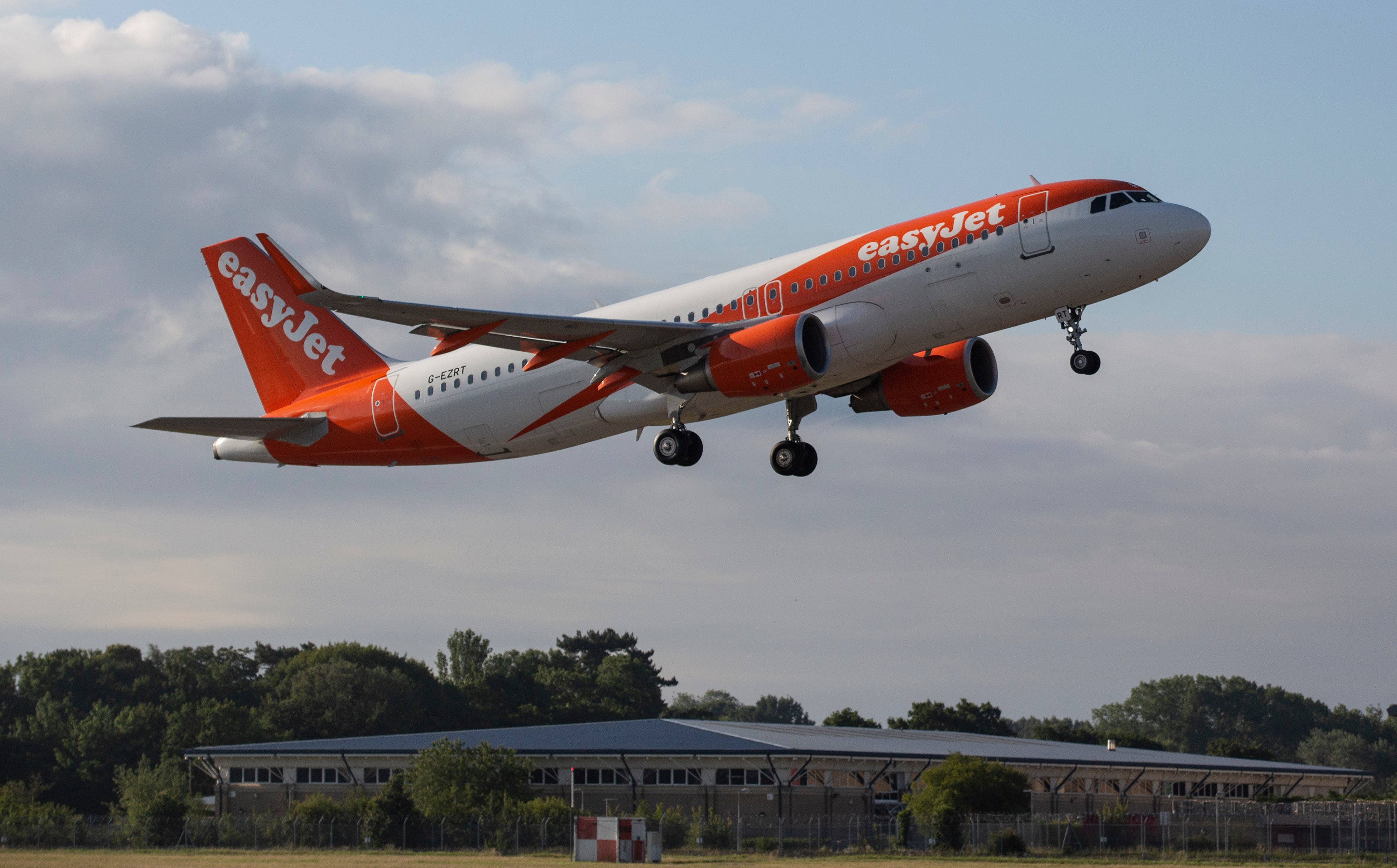EasyJet flight diverted back to Glasgow following medical emergency
Aircraft forced to turn back due to ‘a passenger requiring urgent medical attention’

Your support helps us to tell the story
From reproductive rights to climate change to Big Tech, The Independent is on the ground when the story is developing. Whether it's investigating the financials of Elon Musk's pro-Trump PAC or producing our latest documentary, 'The A Word', which shines a light on the American women fighting for reproductive rights, we know how important it is to parse out the facts from the messaging.
At such a critical moment in US history, we need reporters on the ground. Your donation allows us to keep sending journalists to speak to both sides of the story.
The Independent is trusted by Americans across the entire political spectrum. And unlike many other quality news outlets, we choose not to lock Americans out of our reporting and analysis with paywalls. We believe quality journalism should be available to everyone, paid for by those who can afford it.
Your support makes all the difference.A flight bound for Birmingham had to return to its departure point, Glasgow, shortly after take off this morning following a medical emergency onboard.
EasyJet flight EZY511 took off at 9.18 this morning on the one hour 15 minute route to the West Midlands.
But shortly afterwards, as it flew over Dumfries, the Airbus A320-214 quickly started squawking alert code 7700 to indicate a medical incident.
It turned back towards Glasgow and landed at around 10am.
An easyJet spokesperson said: “EasyJet can confirm that flight EZY511 from Glasgow to Birmingham has returned to Glasgow due to a passenger requiring urgent medical attention and in line with procedures was met by emergency services on arrival.
“The safety and wellbeing of our customers and crew is easyJet’s highest priority.”
A spokesman for Glasgow Airport said: “The aircraft landed safely at approximately 10am and was met by our emergency services and duty safety officers as is standard procedure.”
On Friday, a KLM Airways flight, travelling from Amsterdam to Calgary also transmitted a 7700 squawk code while flying off the west coast of Scotland, following a technical defect; while two days earlier, a TUI flight from Aberdeen to Tenerife sent out the same alert half an hour into its journey.
Aircraft “squawk codes” are four-digit codes pilots use to communicate with Air Traffic Control.
Code 7700 communicates any kind of emergency, while 7500 indicates that the plane has been hijacked, and 7600 broadcasts that the aircraft has lost contact with the tower.
They’re vital for ensuring aircraft separation, especially during take off and landing.
Join our commenting forum
Join thought-provoking conversations, follow other Independent readers and see their replies
Comments